Introduction
Welcome to our comprehensive guide on the top summer flower bulbs to grow this season! As the warm weather approaches, it’s the perfect time to plan and plant a garden filled with vibrant blooms and lush foliage. In this article, we’ll explore a variety of flower bulbs that thrive in the summer months, adding color and fragrance to your outdoor space. Whether you’re a seasoned gardener or a novice enthusiast, there’s something for everyone to enjoy. Let’s dive in and discover the beauty of summer flowers!
Table of Contents
Summer Flower Bulbs: A Burst of Color
Summer flower bulbs are a delightful addition to any garden, offering a burst of color and fragrance during the warmer months. These bulbs, which include a wide range of plant species, are known for their resilience and ability to thrive in sunny conditions. From cheerful daisies to elegant lilies, there’s a summer bulb for every taste and preference.
Dazzling Dahlias
Dahlias are prized for their large, vibrant blooms and come in a stunning array of colors, shapes, and sizes. These show-stopping flowers add instant glamour to any garden bed or container. Plant dahlias in well-drained soil and provide ample sunlight for optimal growth. With proper care, these summer beauties will reward you with a season-long display of stunning flowers.
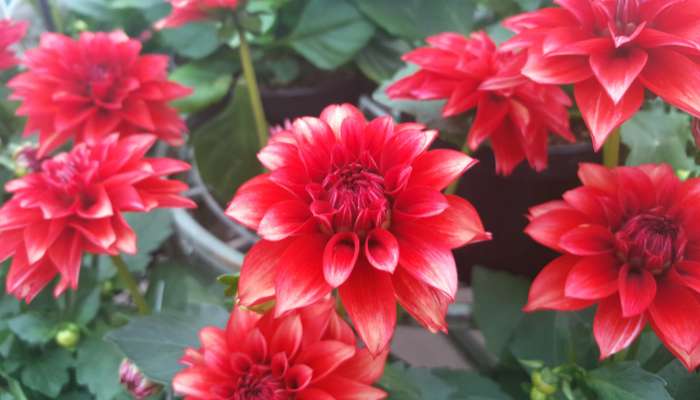
Luscious Lilies
Lilies are another summer favorite, known for their exquisite beauty and intoxicating fragrance. These graceful flowers come in a variety of types, including Asiatic, Oriental, and Trumpet lilies, each with its own unique charm. Plant lilies in fertile, well-drained soil and place them in a sunny spot in your garden. With their elegant blooms and enticing scent, lilies are sure to be a showstopper in your summer garden.
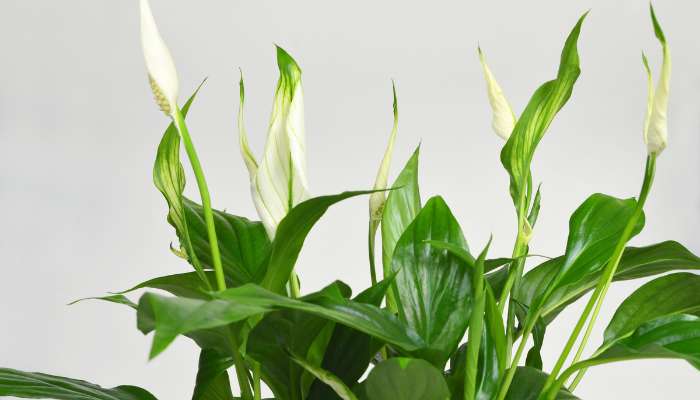
Radiant Roses
Roses are the epitome of romance and elegance, and summer is the perfect time to enjoy their beauty. Whether you prefer classic hybrid tea roses or the old-fashioned charm of shrub roses, there’s a variety to suit every taste. Plant roses in a sunny location with well-drained soil and provide regular water and fertilizer for healthy growth. With their timeless beauty and intoxicating fragrance, roses are a must-have for any summer garden.
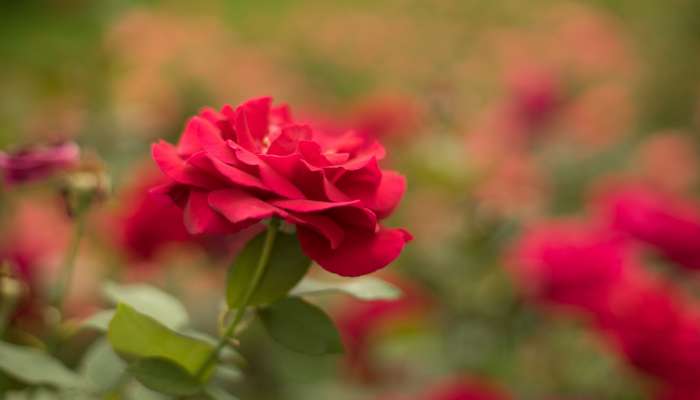
Vivacious Gladiolus
Gladiolus, also known as sword lilies, are beloved for their tall, majestic spikes of colorful flowers. These stunning blooms come in a wide range of hues, from soft pastels to vibrant jewel tones. Plant gladiolus bulbs in fertile, well-drained soil and provide support for their tall flower spikes. With their striking appearance and long-lasting blooms, gladiolus are sure to make a statement in your summer garden.
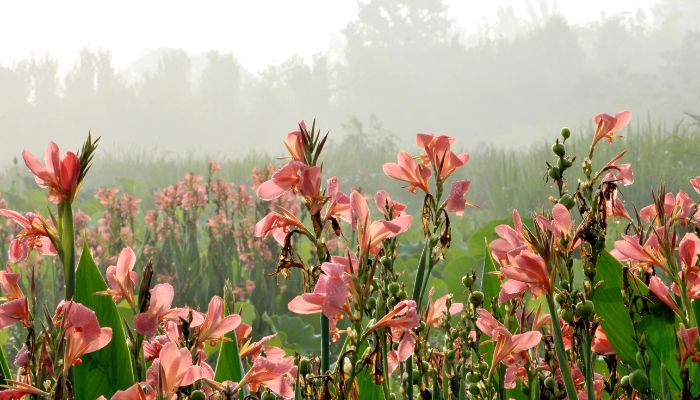
Cheerful Sunflowers
Sunflowers are the epitome of summer cheer, with their bright, sunny blooms and towering stature. These iconic flowers are easy to grow from seed and thrive in sunny locations with well-drained soil. Plant sunflower seeds directly in the garden after the danger of frost has passed, and watch as they grow into towering plants adorned with cheerful blooms. With their vibrant colors and whimsical appearance, sunflowers are sure to bring joy to your summer garden.
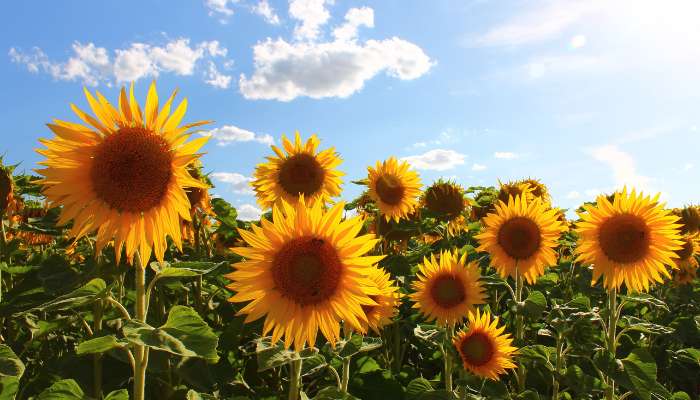
Enchanting Hyacinths
Hyacinths are prized for their fragrant blooms and compact growth habit, making them an ideal choice for containers or small garden spaces. These charming flowers come in a variety of colors, including shades of blue, pink, purple, and white. Plant hyacinth bulbs in well-drained soil and provide plenty of sunlight for optimal growth. With their intoxicating fragrance and vibrant blooms, hyacinths are sure to add charm and beauty to your summer garden.
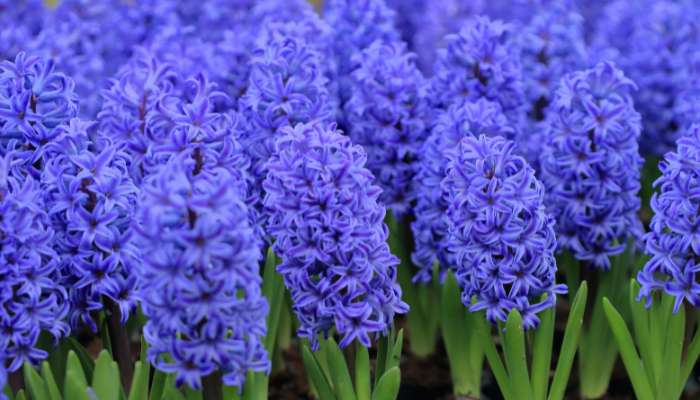
Step-by-Step Guide to Planting Bulbs
Choosing the Right Bulbs
Before you start planting, it’s essential to choose the right bulbs for your garden. Consider factors such as bloom time, height, and color to create a visually appealing display. Visit your local garden center or nursery to explore the variety of bulbs available and select those that suit your preferences and growing conditions.
Selecting Healthy Bulbs
When choosing bulbs, look for ones that are firm and free from blemishes or signs of decay. Avoid bulbs that are soft or moldy, as they may not produce healthy plants. Select bulbs that are large and plump, as these are more likely to produce robust flowers.
Matching Bulbs to Soil Type
Consider your soil type when selecting bulbs for your garden. Some bulbs prefer well-drained soil, while others thrive in moist or sandy conditions. Be sure to choose bulbs that are suited to your soil type to ensure optimal growth and blooming.
Preparing the Planting Site
Once you’ve selected your bulbs, it’s time to prepare the planting site. Choose a location that receives ample sunlight and has well-drained soil. Avoid areas that tend to become waterlogged, as this can cause bulbs to rot. Clear the planting area of any weeds or debris, and loosen the soil to a depth of about 8-10 inches.
Amending the Soil
If your soil is heavy or compacted, consider amending it with organic matter such as compost or aged manure. This will improve soil structure and fertility, providing an ideal environment for bulb growth. Mix the organic matter into the soil thoroughly before planting.
Creating Planting Holes
Using a trowel or bulb planter, dig planting holes to the appropriate depth for the type of bulb you’re planting. As a general rule of thumb, bulbs should be planted at a depth equal to two to three times their diameter. Space the planting holes according to the spacing recommendations for the specific type of bulb you’re planting.
Planting the Bulbs
Now that you’ve prepared the planting site, it’s time to plant your bulbs. Follow these steps for successful planting:
Placing Bulbs in the Holes
Place each bulb in its planting hole with the pointed end facing upwards. Be sure to position the bulbs at the correct depth and spacing for optimal growth.
Covering with Soil
Gently backfill the planting holes with soil, pressing it down firmly to remove any air pockets. Cover the bulbs completely with soil, leaving no exposed tops.
Watering Thoroughly
After planting, water the area thoroughly to settle the soil around the bulbs and provide moisture for root establishment. Continue to water regularly, keeping the soil evenly moist but not waterlogged.
Caring for Bulbs After Planting
Once your bulbs are in the ground, it’s important to provide them with proper care to ensure healthy growth and blooming. Follow these tips for caring for bulbs after planting:
Mulching
Apply a layer of mulch, such as shredded bark or straw, around the base of the plants to conserve moisture, suppress weeds, and regulate soil temperature. Mulching also helps protect bulbs from temperature fluctuations and frost damage.
Fertilizing
Feed your bulbs with a balanced fertilizer formulated for flowering plants to promote healthy growth and abundant blooms. Apply fertilizer according to the manufacturer’s recommendations, and avoid over-fertilizing, as this can damage plants.
Deadheading
Remove faded flowers promptly to prevent the formation of seeds and encourage the plant to redirect its energy into bulb development. Deadheading also helps maintain a neat and tidy appearance in the garden.
Read More
FAQs About Summer Flower Bulbs
1. What is the best time to plant summer flower bulbs?
The best time to plant summer flower bulbs is in the spring after the danger of frost has passed and the soil has warmed up. This allows the bulbs to establish roots and start growing before the summer heat sets in.
2. How often should I water summer flower bulbs?
Summer flower bulbs should be watered regularly, especially during hot, dry weather. Be sure to water deeply, allowing the soil to soak up the moisture, but avoid overwatering, as this can lead to rot.
3. Do summer flower bulbs need fertilizer?
Yes, summer flower bulbs benefit from regular fertilization to support healthy growth and abundant blooms. Use a balanced fertilizer formulated for flowering plants, and follow the manufacturer’s recommendations for application rates.
4. Can I grow summer flower bulbs in containers?
Yes, many summer flower bulbs can be grown in containers, making them perfect for patios, balconies, or small garden spaces. Be sure to choose large enough containers with good drainage, and use a high-quality potting mix formulated for container gardening.
5. How do I prevent pests and diseases in my summer flower bulbs?
To prevent pests and diseases in your summer flower bulbs, practice good garden hygiene by removing dead or diseased foliage, and avoid overcrowding plants. Additionally, you can use organic pest control methods, such as insecticidal soap or neem oil, to deter pests.
6. Can I save summer flower bulbs for next year?
Yes, many summer flower bulbs can be dug up and stored for replanting the following year. After the foliage has died back naturally, carefully dig up the bulbs, remove any excess soil, and allow them to dry thoroughly before storing them in a cool, dry location until spring.
Conclusion
In conclusion, summer flower bulbs are a wonderful addition to any garden, offering beauty, fragrance, and color throughout the warmer months. From the dazzling blooms of dahlias and lilies to the cheerful faces of sunflowers, there’s a summer bulb to suit every taste and preference.
By following our tips for planting and care, you can enjoy a season-long display of stunning flowers in your garden. So why wait? Plant some summer bulbs today and watch your garden come to life with vibrant blooms!
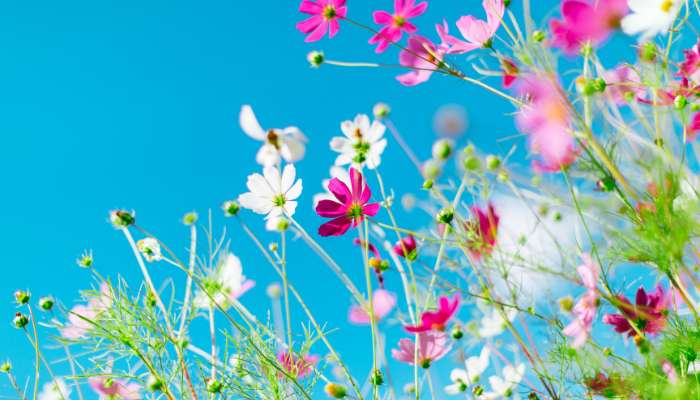
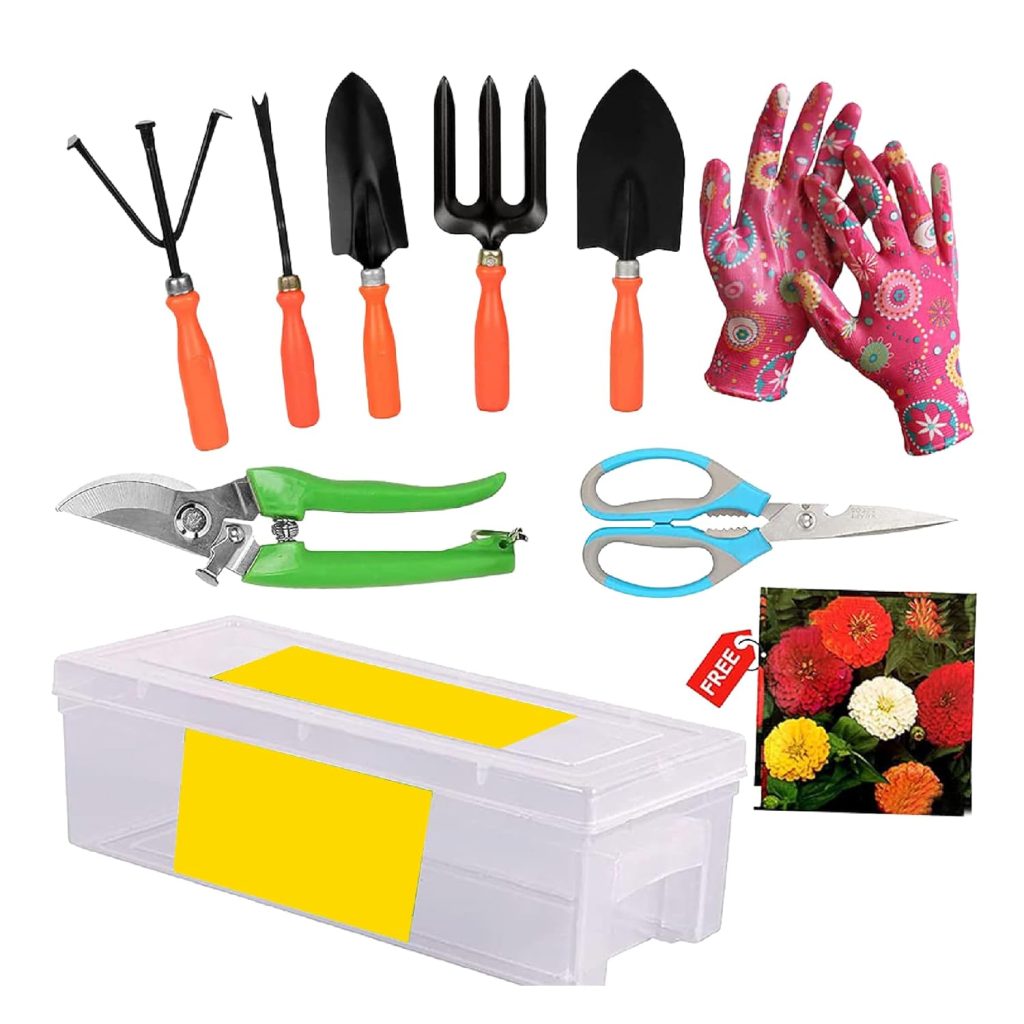





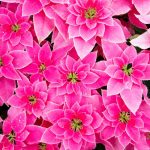




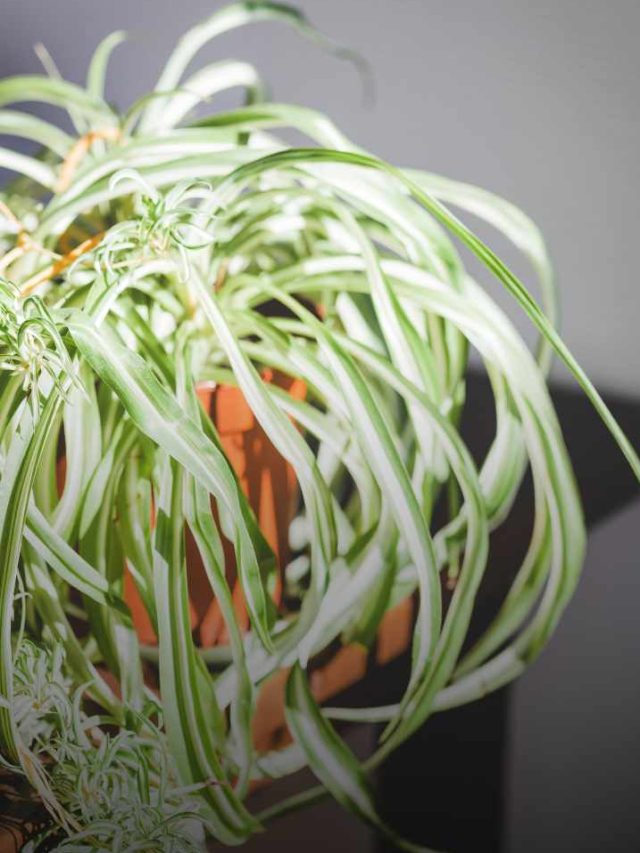




3 thoughts on “Top Summer Flower Bulbs to Grow this Season”